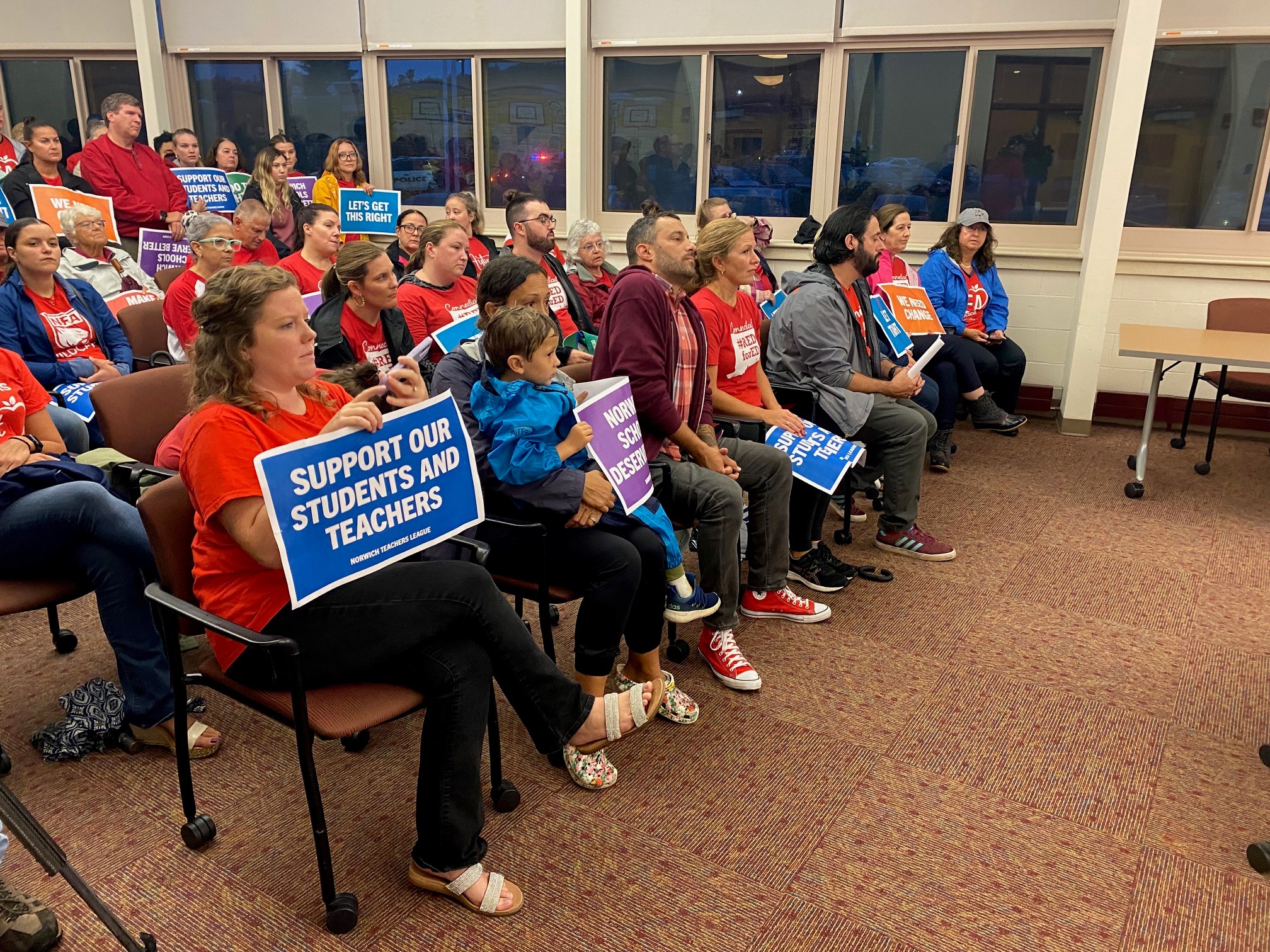The state has requested help from the Connecticut National Guard in the event that workers strike as planned starting at the end of this week.
More than 3,400 workers at 33 Connecticut nursing homes are ready to strike beginning Friday if demands for better wages, benefits and staffing ratios aren’t met. Union officials said Monday that 600 additional workers at another six nursing homes have voted to strike beginning May 28.
If the strike occurs, National Guard members would be in place to act as monitors for the standard of care and to support the Department of Public Health. They would not be working in place of nursing home staff.
Max Reiss, spokesperson for Gov. Ned Lamont, said the National Guard has placed a similar role in the past year during nursing home inspections.
Get top local stories in Connecticut delivered to you every morning. >Sign up for NBC Connecticut's News Headlines newsletter.
The state is trying to negotiate an agreement to avoid a strike. On Monday state officials proposed an additional $280 million in funding for nursing homes.
Details of the proposal were sent to the Service Employees International Union’s District 1199 New England, which represents about 5,000 nursing home workers in Connecticut, and the presidents of the Connecticut Association of Health Care Facilities and LeadingAge Connecticut, which represent nursing homes and other health care facilities around the state.
The union and other groups have not yet responded to the proposal.
Local
Union officials have said workers are voting to strike in record numbers, and that it is an issue that affects both how employees are treated and the standard of care in facilities.
We are negotiating our union contracts to finally rise out of poverty. But we’re also fighting to make sure that residents can regularly count on having enough staff to meet their needs,” said Rob Baril, president of District 1199 New England, SEIU in a statement Monday. “This strike is about making sure that nursing home workers and residents are treated like human beings. We want to make sure that the standards enumerated in the Long-Term Care Workers’ Bill of Rights come to fruition in Connecticut so we don’t have to go back to the way nursing homes operated before and during COVID-19."
If there are strikes, plans are in the works to bring in replacement workers.
A DPH spokesperson said Tuesday that they are still reviewing strike contingency plans, which include looking at things like staffing, security, pharmaceuticals and essential supplies. If workers do strike, DPH will do on-site monitoring at all affected facilities.



